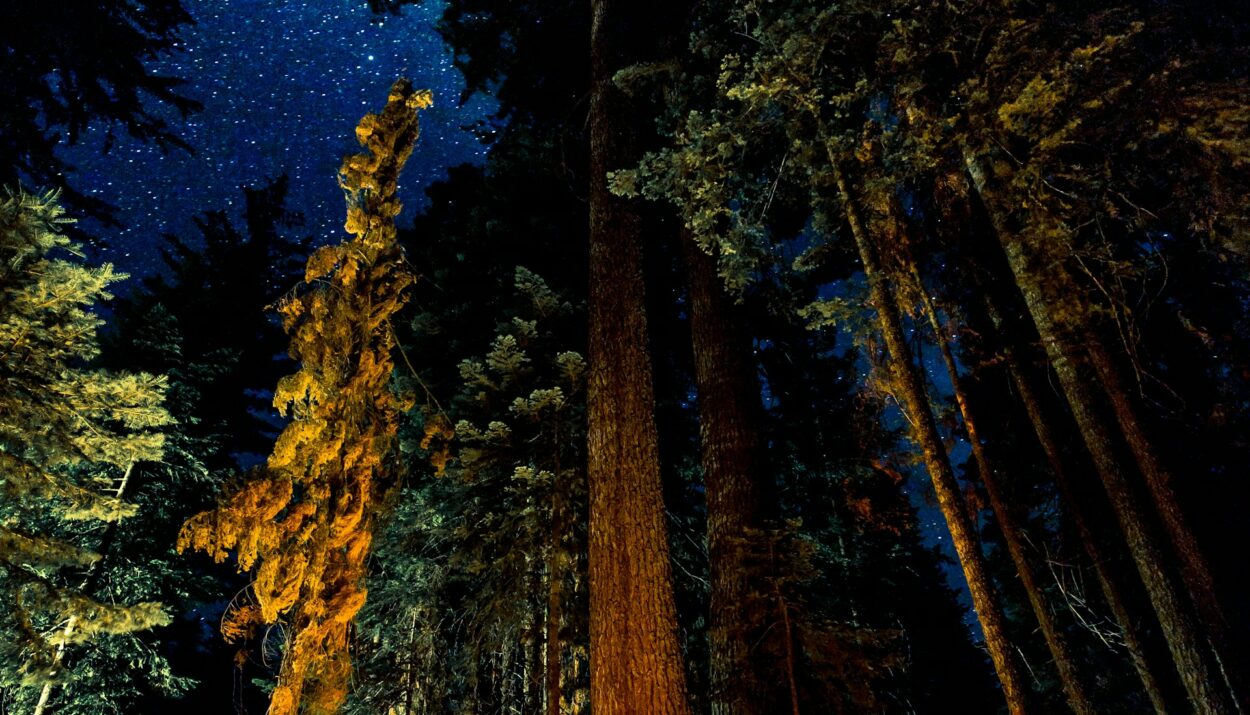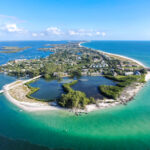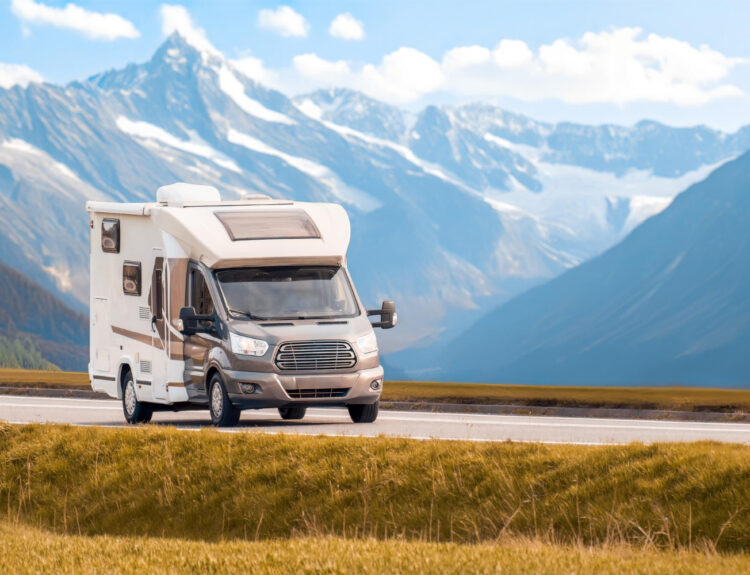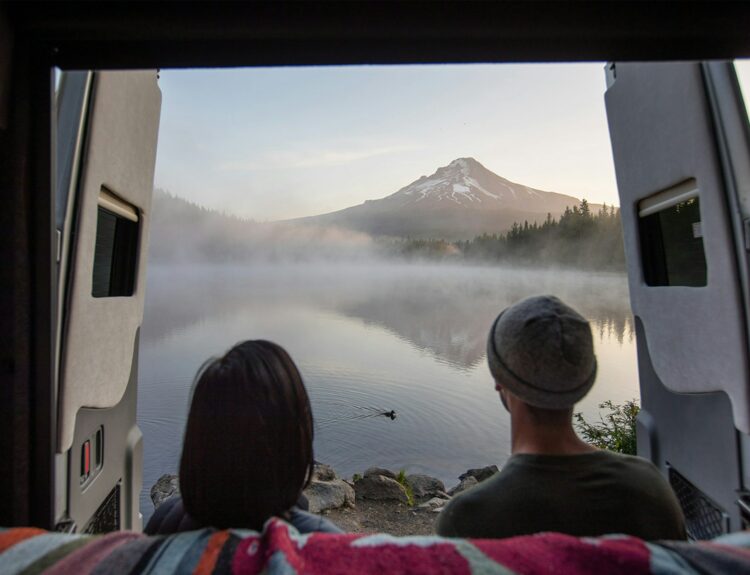50% of campers stated that camping is one of the safest ways to vacation in the post-pandemic climate. Although camping is safe in terms of social distance, hygiene, and mental health benefits, securing your campsite is essential, as there are still plenty of critters out there to wreak havoc!
So, how do you make sure an intruder doesn’t invade your tent, eat your snacks, and cause mayhem?
Keep reading as we explore the different types of wildlife intruders and the essential tips for keeping them out of your campsite with security measures.
What Kind Of Wildlife Intruders Might Threaten Your Campsite?
From cute and fuzzy creatures to fierce predators, there are a whole slew of wildlife intruders that might slip into your campsite. The wildlife you encounter will depend primarily on your location, but here are some examples of wildlife intruders you might run into:
- Rodents – rats, mice, and squirrels can slip into your tent quite easily, and they may get into your snacks and food stores, contaminating them.
- Bears – bears could make their way onto your campsite, and you need to know how to protect yourself in that situation, as it could be life-threatening.
- Feline predators – mountain lions, wildcats, and other feline predators may invade your campsite, which requires quick-thinking and protective measures to ensure your safety.
- Canine predators – coyotes, wolves, and wild dogs could make their way to your campsite, which would compromise your safety.
- Insects – insects can be highly irritating and ruin your trip with incessant bites, and ticks could present the risk of lyme disease.
- Humans – humans are still a danger to you out in the open where you’re most vulnerable, so it’s important to have protective measures should you need them and take measures to prevent theft.
These are just some of the wildlife creatures that could make their way onto your campsite. Research your camping location thoroughly to know what to expect and prepare using some of the tips listed below.
Top Tips For Securing Your Campsite
To secure your campsite, follow the tips listed below. Failing to properly prepare could leave you or your campsite guests in a tough spot – so take your safety seriously.
Surveillance
For RV parks and campsites, you have a responsibility as the owner to provide security measures. If trouble occurs, you need visibility on the situation. Setting up thermal cameras will allow you to spot wildlife intruders easily, even at night. You can immediately call for assistance from animal handlers, the police, or an ambulance once you have assessed the situation.
Leave Food And Valuables Locked Away
Food and valuables attract predators, scavengers, and people. Theft is still a threat, even when you’re out in nature, so take care to lock your valuables away and ensure proper sealing of food items.
The smell of food is what will attract both big and small creatures to your site, so be sure to keep any food in airtight containers. You can easily find air-lock food containers online, and having them will minimize food odors. Try and keep both food and valuables locked in your car if it’s close to your site, as this will further lock in odors.
Create A Perimeter
Using windbreakers and makeshift fencing to surround your campsite will prevent smaller creatures from entering the location. This protection is very valuable, and it’s worth taking the time to set a perimeter when you set up your campsite.
Never Venture Out Alone
When you go hiking or exploring in nature, it’s best to have a friend with you. Should you encounter a bear or predator, and someone becomes injured, it’s best to have someone else call for help or help escort you to safety. There is safety in numbers, so the more people you bring with you, the better.
Use Pest Control Measures
Insects can surely ruin your camping trip, so use pest control measures to keep your campsite bug-free. Investing in blue-light bug zappers will distract the mosquitoes and stop them from biting you. And, using pest control barriers like mosquito nets can help you avoid moths and other creepy crawlies that might disturb your time in nature.
Choose Your Location Wisely
Some camping locations are much safer than others. If you don’t mind having some company, it’s always safest to choose a campsite location where there will be plenty of other campers nearby.
When researching the location, check out the type of predators which are native to the area, for example, the Whitsundays, which is a popular beach and camping destination can sometimes have saltwater crocodiles. Choose a location with limited predator populations, as they are the biggest threat to your safety when camping. If the location has a very low predator population, camping solo will be safer.
Summary
Camping is a great way to connect with nature, ground yourself, and breathe in some fresh air. In a world of screens and digitization, it’s important to get some time away from it all, but only if you’re practicing safe camping. Keep the above tips in mind when planning and setting up your campsite, and you’re bound to have the enriching and nature-immersive experience you’re craving!






